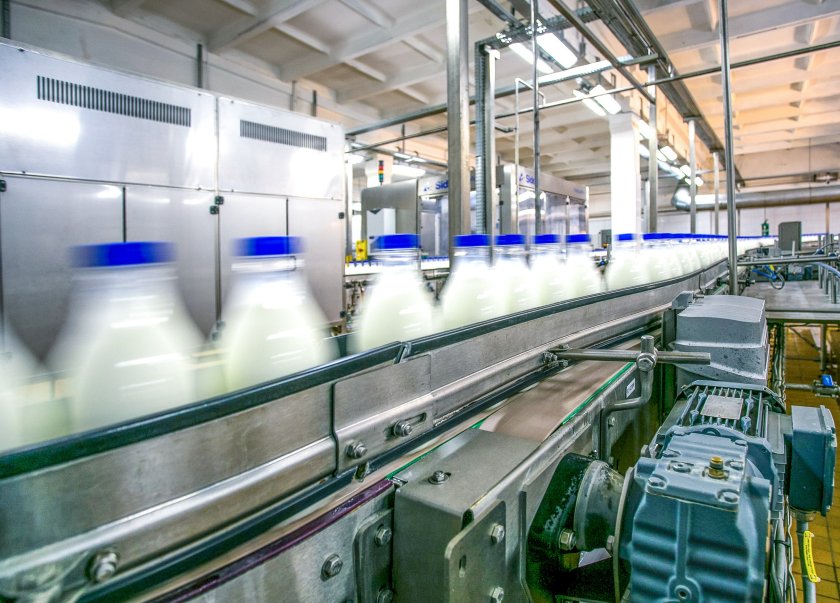
Northern Ireland's dairy farmers are receiving a milk price 40% down from this time last year, the Ulster Farmers' Union (UFU) has said.
The majority of milk producers do not earn enough to cover production costs, while profits are made further up the supply chain, the UFU warned.
For more than six months, nearly 20p per litre has been taken from milk prices in Northern Ireland.
In August 2023, the milk base price average was 28.47ppl. To break even, farmers needed to be receiving at least 35ppl – 36ppl.
Comparing these prices to elsewhere in Europe, the NI farmgate milk price is the third lowest with only Latvia and Lithuania paying a lower price.
The UFU warned that 'things are not getting any better' as the decline is only an issue in NI, with other UK regions showing small signs of recovery.
"It’s simply not sustainable, especially when input prices remain higher than average," warned UFU dairy chair, Kenny Hawkes.
"We’ve been inundated with calls from members who are extremely anxious and uptight about farmgate prices and where things are going to end up.
"Its utterly disheartening to once again, have to call out the failing dynamics within our food supply system."
On average the EU farmgate price was 7.62ppl higher in August, while there was a difference of 4ppl between NI and GB's milk prices.
The UFU said NI food producers 'are getting shafted' while others in the dairy chain 'are clearly making money'.
If this continues, the union warned that many dairy farmers in the province would be put out of business.
Mr Hawkes said a major concern currently was rising interest rates and the impact on farm overdrafts.
He said: "To keep their head above water, some local dairy farmers are cutting back from milking three times a day, to twice a day to try to reduce costs, but this is only a short-term solution.
"We need our fair share of the bottle. It’s the only way to sustain our NI dairy industry.”
